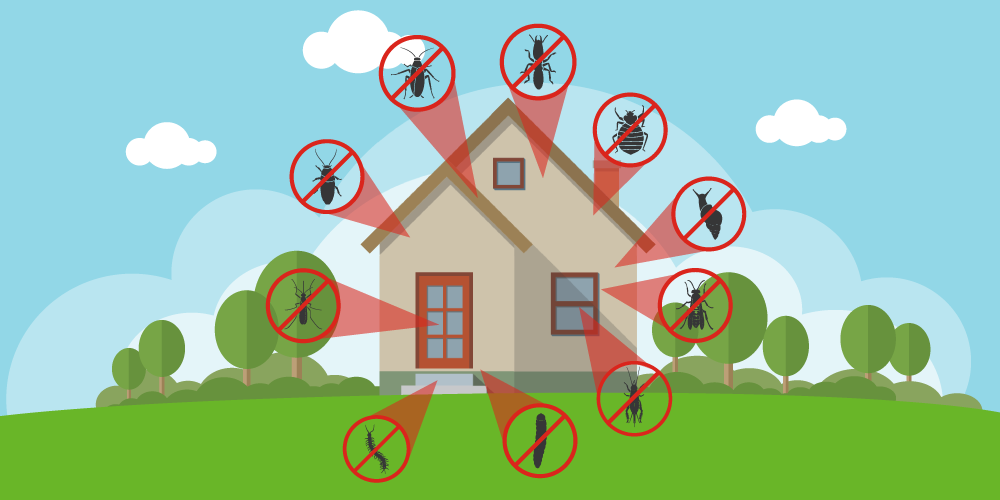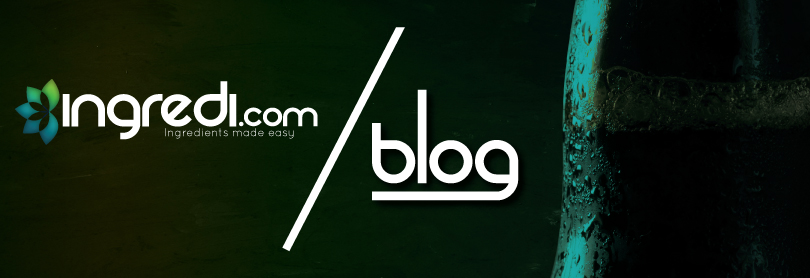Diatomaceous Earth for Insect Control
By on Sep 9th 2020

Are you noticing large holes in the leaves of your plants and vegetables? Maybe even silver trails of slime? It sounds like you may have an insect and or mollusk problem in your garden. If so, Diatomaceous Earth (DE) is a great environmentally friendly solution to your problem.
Food Grade vs. Pool Grade
Diatomaceous earth is simply ground up seashells, which makes it 100% natural & 100% organic. It is available in two forms: pool grade and food grade. Pool grade DE goes through a different process that changes its makeup to include a higher amount of free silica. Homeowners and gardeners may be more familiar with food grade DE because it is inexpensive & has been proven to be an effective insecticide. Note: DE IS NOT A FUNGICIDE AND HAS NO EFFECT ON FUNGUS OR BLIGHT.
How it Works!
For insects, slugs and snails, diatomaceous earth is a lethal dust with microscopic sharp edges that cut through their protective covering and dries them out. As pests trek through the powder, the tiny barbed cylinders slice the waxy coating that covers the insect’s body, both injuring and drawing out fluid to dry and kill the insect.
Diatomaceous earth works to get rid of arthropods like: Fleas, Mites, Earwigs, Adult Flea Beetles, Cockroaches, Hornets, Wasps, and mollusks such as Snails, & Slugs. Additionally, these pests have no way to build up a resistance to it, which cannot be said for many chemical control insecticides. So next time you spot unwanted vermin, bypass the harsh chemicals & reach for the DE.






